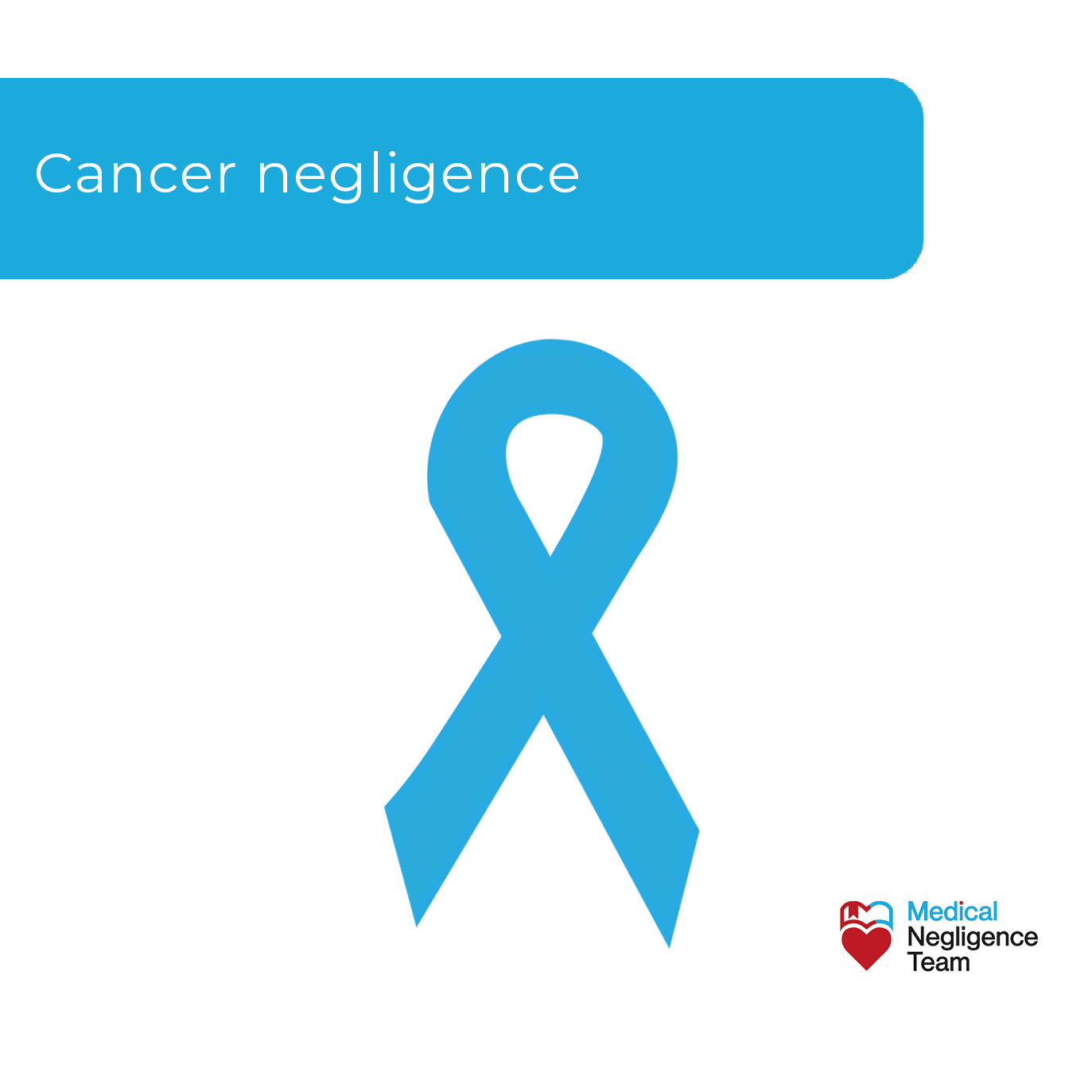November is Pancreatic Cancer Awareness Month 2024, and we want to make you aware of the symptoms and the potential effects of not acting on them. Knowing the symptoms of pancreatic cancer and what to do when you think you may have it can help with your prognosis.
Pancreatic cancer is a disease that cannot be difficult to live with and to treat. If you get an early diagnosis and the correct treatment you may give yourself a longer time to live and in a more comfortable way.
There are treatments to help you live longer with pancreatic cancer. Nursing care and other NHS services may help you come to terms with the cancer and get the most out of your life with your family.
Awareness of pancreatic cancer is vital to recognising the symptoms, getting tested and coming to terms with what your doctors have in place for you.
What is pancreatic cancer?
Pancreatic cancer develops in the pancreas, a gland that lies behind your stomach. As the pancreas is surrounded by the liver, the stomach, your intestines, and the spleen, the cancer cells can quickly spread and affect almost your whole body.
The pancreas is a vital organ for the body. It makes enzymes that aid digestion so the body can get the nutrients it needs to function correctly. Hormones are also made in the pancreas, including insulin, which controls the sugar levels in the blood.
When you develop pancreatic cancer, the cells in the pancreas can go out of control and form a lump in the organ. An oncologist will refer to the lump in the pancreas as a tumour or, in some circumstances, a mass.
There are two types of pancreatic cancer:
Prompt diagnosis of any type of pancreatic cancer can help your fight and may make surgery and intensive treatment more valid options for containing it.
Keeping an eye on your health by checking for the signs of pancreatic cancer can play a huge role in getting an early diagnosis.
How to check for pancreatic cancer
You check for pancreatic cancer by knowing the symptoms and noting any changes in your health. If there is a history of pancreatic cancer in your family, it is crucial to be aware of the signs of the disease.
Knowing the symptoms of pancreatic cancer can be part of your awareness and may help in getting an early diagnosis.
Symptoms of pancreatic cancer can be:
If you have one or more symptoms of pancreatic cancer, you may need to see your GP. You should tell your GP if you have a family history of pancreatic cancer or if you have a diagnosis of diabetes.
Symptoms of pancreatic cancer can come and go, but you should report them to a GP as soon as you notice them so you can be tested.
Prevention, prompt diagnosis and treatment are part of living with pancreatic cancer, and any medical negligence by a medical professional can slow the diagnosis and delay treatment of your pancreatic cancer.
If you experience pancreatic cancer negligence, it could have a devastating effect on your life.
What is pancreatic cancer negligence?
Pancreatic cancer negligence is when you experience medical negligence in the prevention, diagnosis, and the treatment of your cancer.
All the advice from top medical professionals is to try to prevent cancer and to test for pancreatic cancer when you have one or more symptoms.
Every medical professional owes you a duty of care when you are a patient. If they breach that duty of care, causing you an injury, you may have a case of pancreatic cancer negligence.
Pancreatic negligence can be:
If you experience pancreatic negligence at any stage of your diagnosis or treatment, it could affect you today and for the rest of your life when struggling with the cancer.

Examples of pancreatic cancer negligence
Common claims for pancreatic cancer negligence range from the GP failing to send you for a cancer test to errors with test results and to the oncologist putting you on the wrong course of treatment.
Pancreatic cancer can be a tough disease to live with, and any form of medical negligence will only make the journey more challenging from day one.
Types of pancreatic cancer negligence claims:



